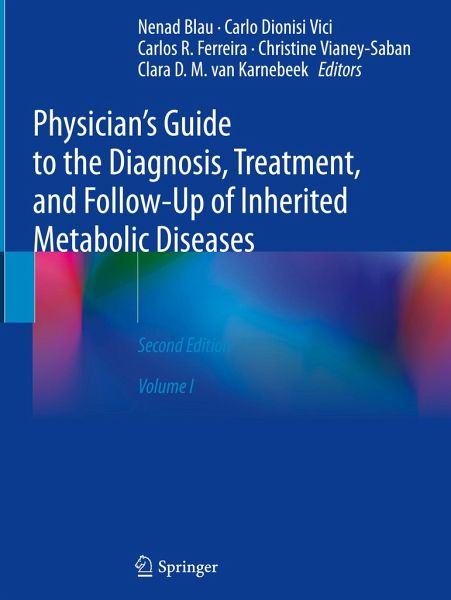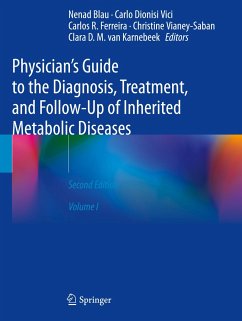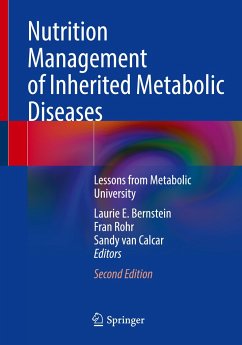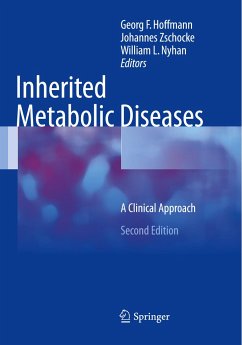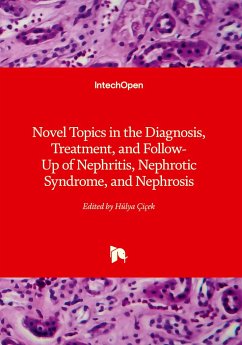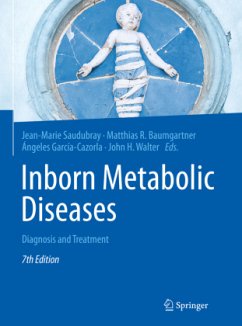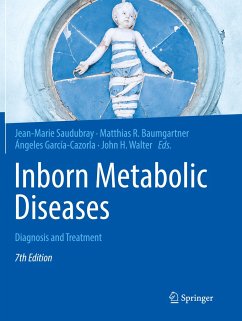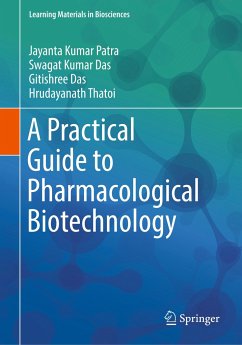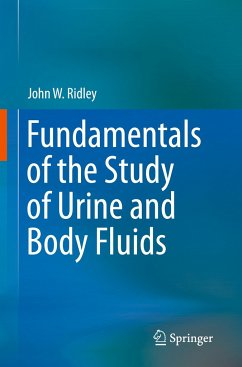Nenad Blau is a senior consultant in biochemical genetics at the Division of Metabolism, University Children's Hospital in Zürich (UZH), Switzerland. Previously he was the head of the Laboratory for Tetrahydrobiopterin and Neurotransmitter Diseases at the University Children's Hospital in Zurich and for the last 8 years as a senior consultant in biochemical genetics at the University Children's Hospital in Heidelberg, Germany. His research group discovered several inborn errors of metabolism, including GTP cyclohydrolase deficiency, pterin-carbinolamine dehydratase deficiency, and sepiapterin reductase deficiency. He established and curates the PAH locus-specific database, database of PKU genotypes and phenotypes, and database of BH4 deficiencies. With colleagues from Vancouver he developed the online knowledgebase of inborn errors of metabolism, IEMbase. He is author of more than 400 research publications, including the standard books Physician's Guide to the Laboratory Diagnosis, Treatment and Follow-up of Inherited Metabolic Disease, and Laboratory Guide to the Methods in Biochemical Genetics. Professor Blau is an honorary member of the Italian Society for Pediatrics. For his research in the field of tetrahydrobiopterin and phenylketonuria he received the Horst-Bickel Award in 2001, the Gowland Hopkins Award in 2005, and he received the Asbjørn Følling award in 2011. Carlo Dionisi-Vici obtained his residency in Paediatrics at "La Sapienza" University, Rome, Italy. He is the head of the Division of Metabolic Diseases and of the Research Unit for Metabolic Diseases at the Bambino Gesù Children's Research Hospital, Rome. Dr Dionisi-Vici is the past-president of the Italian Society for the Study of Inborn Errors of Metabolism (SIMMESN), and was a council member of the Society for the Study of Inborn Errors of Metabolism (SSIEM) from 2010 to 2016. His clinical work and research focus on the field of inborn errors of metabolism, including defects of intermediary metabolism, subcellular organelle disorders and inherited defects of intracellular vesicular trafficking. With his research group, he participated in the discovery of new inborn errors of metabolism, including ethylmalonic encephalopathy, MEDNIK syndrome, and Vici syndrome. He is the author of more than 250 peer-reviewed publications. Within the MetabERN consortium he is responsible for the work-package guidelines and for the sub-network carbohydrate and fatty acid oxidation disorders. Carlos R. Ferreira is board-certified in Internal Medicine, Medical Genetics, and Clinical Biochemical Genetics, and specializes in genetic disorders of bone development and inborn errors of metabolism. He led a team of researchers that elucidated the molecular defect underlying Saul-Wilson syndrome, a rare disorder of vesicular trafficking leading to skeletal dysplasia. He contributed to the finding of disturbed tryptophan catabolism as a new etiology of Catel-Manzke syndrome (another rare constitutional disorder of bone development), and to finding the cause of a rare hematologic disorder, combined alpha-delta platelet storage pool deficiency. He was part of several collaborations that led to the discovery of novel genetic disorders, including a primary CoQ10 biosynthetic defect (COQ5 deficiency), a genetic form of renal Fanconi syndrome due to GATM aggregates, a rare neuromuscular defect (Carey-Fineman-Ziter syndrome), a novel neurodegenerative condition (TRAK1 deficiency), and a skeletal dysplasia in the dysosteosclerosis-Pyle disease spectrum. Dr. Ferreira participates as faculty in the annual North American Metabolic Academy (NAMA) course. He has authored more than 90 indexed publications, one of which recently received the Emmanuel Shapira Award (bestowed to the best paper published in Molecular Genetics and Metabolism). Christine Vianey-Saban is the former Head of the Department for Inborn Errors of Metabolism and Newborn Screening at the Centre de Biologie et de Pathologie Est in Lyon. She was trained in Pharmacy and obtained a PhD degree in Biochemistry at the University of Lyon. Her research is focused on the enzymatic and molecular bases of mitochondrial fatty acid oxidation and riboflavin metabolism as well as on the development and the validation of new markers for the diagnosis of inborn errors of metabolism using tandem mass spectrometry. She is co-author of more than 150 peer-reviewed publications in international scientific journals and of 10 book chapters. She was invited speaker and chaired sessions in many international meetings. Dr Vianey-Saban is a founding member of the French society for inborn errors of metabolism (SFEIM), and lectures for the French University Diploma on Inborn Errors of Metabolism. She is Chair of the Scientific Advisory Board of ERNDIM (European Research Network for the evaluation and improvement of screening, Diagnosis and treatment of Inherited disorders of Metabolism) and is responsible for the quality assessment program ' ERNDIM Diagnostic Proficiency Testing France '. She has been a member of the SSIEM Council, she has organized the SSIEM Annual Symposium in Lyon in 2015 and is Senior Advisor for the SSIEM's Education and Training Advisory Committee. Clara van Karnebeek is head of the metabolic diseases department in the Radboud University Medical Centre in Nijmegen and principal investigator at the Amsterdam University Medical Centres, The Netherlands and the University of British Columbia in Vancouver Canada. Clara's work as a pediatrician and biochemical geneticist focuses on early diagnosis and innovative treatment of neurometabolic diseases in a P4-medicine model. Her international team integrates genomic and metabolomics technologies to unravel the cause of degenerative brain conditions in children, discovering novel genetic conditions and treatment targets. She implements this knowledge in the management of her patients, via clinical trials with personalized outcomes. Translating new knowledge into expanded newborn screening, as well as useful information and action for the patient and family, using digital applications, are the ultimate goals of her multi-disciplinary team's effort. She is the Director of United for Metabolic Diseases, a Dutch consortium uniting all 6 academic metabolic expertise centers and the patient organizations to optimize research and care. She published over 180 peer-reviewed journal articles, multiple clinical guidelines and chapters in textbooks. She is a dedicated teacher and mentor for clinical and research trainees at different stages. For her contributions to research and clinical care and commitment to translational science she received the Canadian Organization for Rare Diseases Scientist Award
